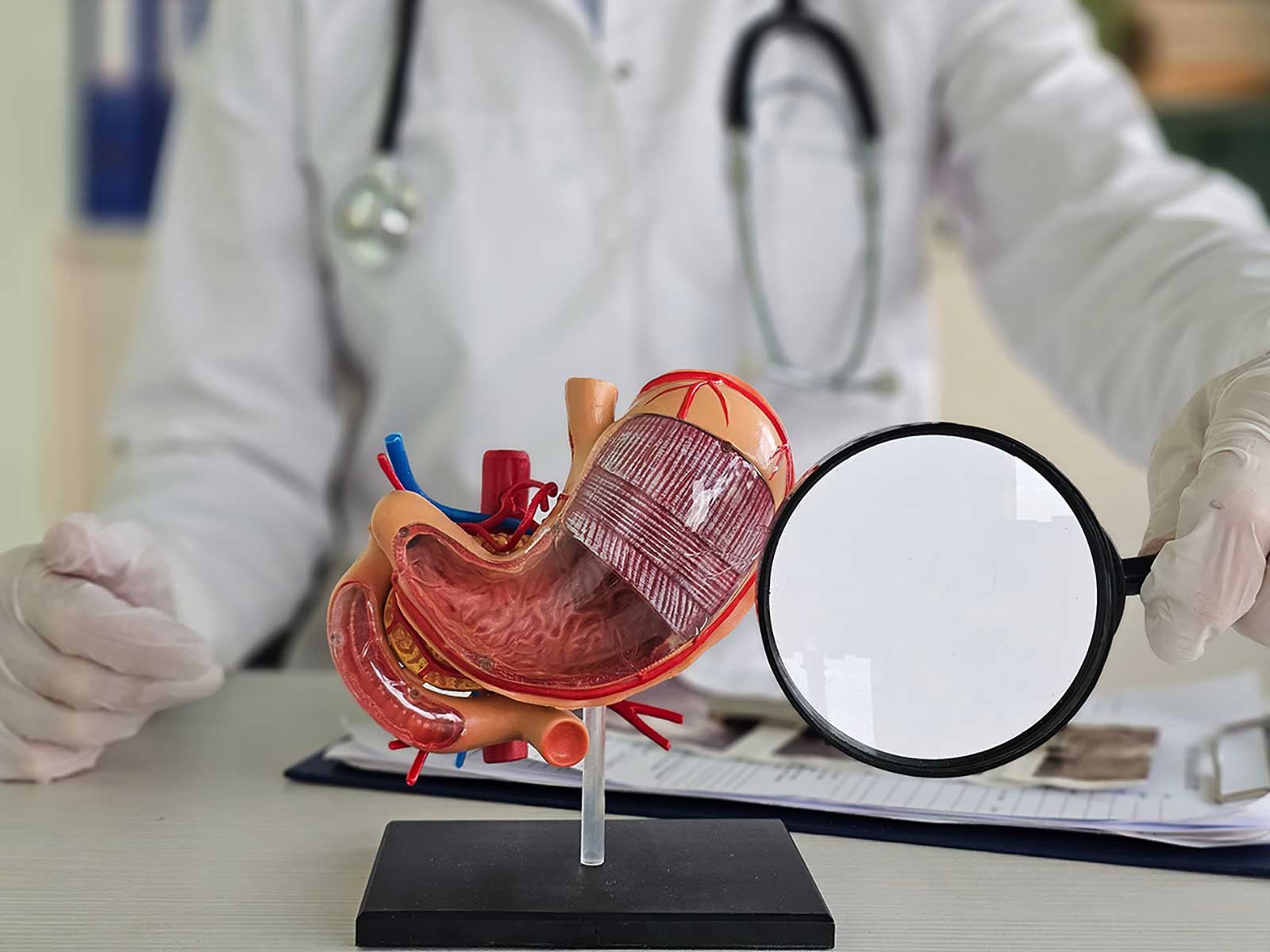
Erosive Gastropathy occurs when the stomach lining starts to wear off. This injury is mild but can be easily observed in an endoscopy. In case of no active bleeding, it is non-bleeding erosive gastropathy (ICD-10 K29.70). In case there is bleeding, the code is K29.71.
The symptoms may be both uncomfortable and they tend to begin with a small scale. You may notice:
Erosive gastropathy develops when something irritates the stomach lining. Common causes include:
GastroDoxs offers a dynamic approach to patient-centered care and the overall digestive health solution, which focuses on diagnosing and curing erosive gastropathy and related stomach problems. Cypress team is a compassionate and personalized care-walking experience that you step-by step in the diagnosis, treatment, and rehabilitation process. No longer be the stomach pain A hold upon thee. Contact us at 832-632-4070 or visit our website to schedule your appointment today and take the first step toward lasting relief.
We've successfully treated more than 1.5K patients, helping individuals improve their digestive health and overall well-being through expert, personalized care.
With over 20 years of experience, GastroDoxs has been a trusted provider of gastroenterology care, focusing on delivering the best outcomes for patients
Erosive gastropathy is inflammation of the stomach lining which results in shallow surface tears (erosions) in the tissue. Such erosions are not as profound as ulcers but may cause pain or bleeding.
Diagnosis is achieved by means of upper endoscopy that makes it possible to observe the stomach lining and biopsy. The presence and severity of erosions is self-confirmed by a pathology report.
ICD-9 erosive and bleeding gastritis erosive and bleeding gastritis = 535.50.
The primary ICD-10 code is K29.7. Subcodes de-code bleeding status: K29.70 asbleeding erosive gastropathy and K29.71 is a bloody erosive gastropathy.
Yes. Erosive gastropathy may manifest in any area within the stomach and most often is reported in the antrum.
Erosive gastropathy is characterized by shallow discontinuities of the stomach keratin, and gastric ulcers reach deeper through tissue into the tissue, usually resulting in more painful and adverse experience.
Erosive gastropathy is to be coded with K29.71 in case it leads to bleeding. If there's no bleeding, use K29.70.
Regular medications (proton pump inhibitor or H2 blockers), lifestyle/diet, exposure to a reduced amount of NSAIDs, alcohol consumption, and smoking cessation are the most common approaches to treatment. In other instances, the endoscopy is re-done to determine healing.
You need to consult a doctor in case you have a persistent stomach pain, black or tarry feces, nausea or vomiting frequently, or gastrointestinal hemorrhage symptoms.
You can place an appointment by calling our office in Cypress directly or by filling the form of requesting an appointment in our web site. Our team is present to assist you in finding the most convenient time and instruct you in the subsequent steps.